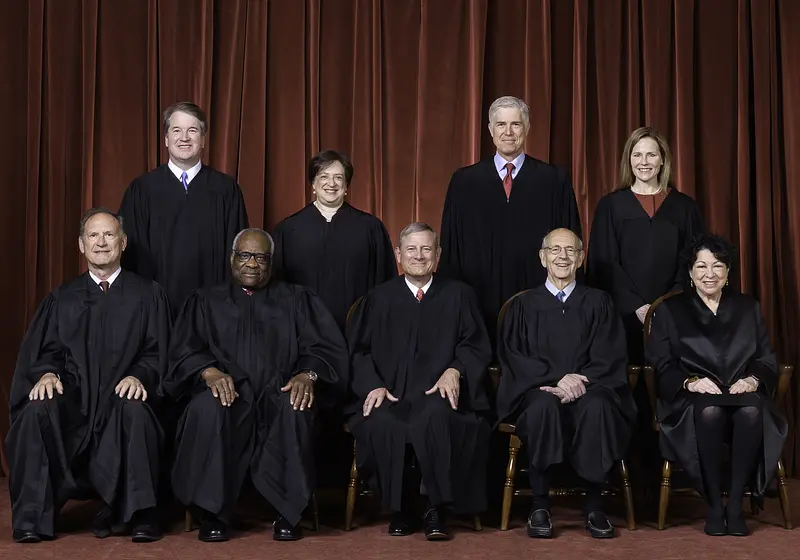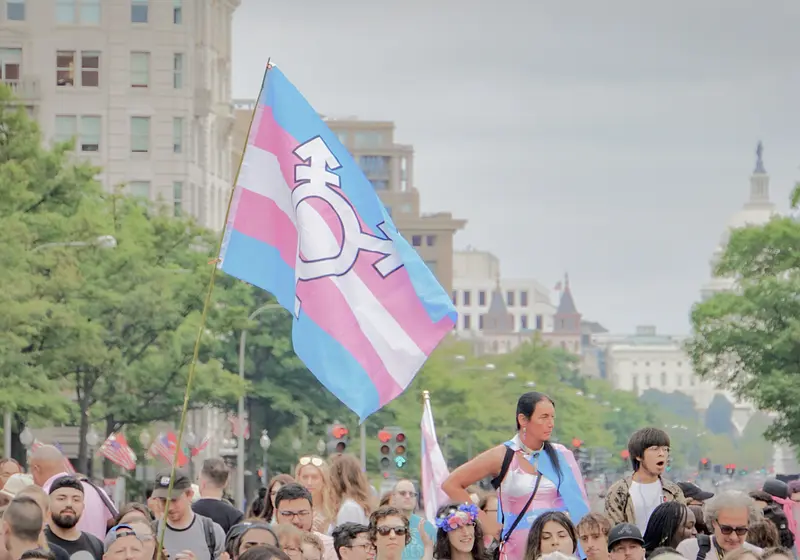The morning of June 24, 2022 may have felt like a victory to some, a loss to others. With the Supreme Court issuing its final decision to overturn the landmark Roe v. Wade and remove federal protection for abortion, the conclusion sounds "almost divorced from reality." It has since grown difficult, then, for many to truly grasp the extent of the power held by the nine justices.
Let us slide into your dms 🥰
Get notified of top trending articles like this one every week! (we won't spam you)50 Years of Precedent Lost
The two main legal systems in the world are civil and common law. The United States, in particular, follows the latter, which relies heavily on set precedent rather than simply looking at legislation and applying the facts. The word itself is self-explanatory: a precedent is something that precedes or comes before. Accordingly, American courts rely on earlier decisions similar to those being discussed in the present to serve as some sort of guide on how to rule.
The importance of precedent is that it is incredibly difficult to overturn— yet we just watched it happen with Roe v. Wade, the 1973 case that protected a woman's liberty under the Constitution of the United States to terminate a pregnancy upon request. If something as rudimentary as a woman’s choice about her own body has to be debated in the present, then which basic rights will be next?
Justice Clarence Thomas makes his answer to this question perfectly clear, as, in his concurring opinion, he declared that the Supreme Court "should reconsider all of [its] substantive due process precedents, including Grisworld, Lawrence, and Obergefell." These rulings, if you are not aware, are the ones that settled on Americans' fundamental rights to privacy, due process, and equal protection, and therefore deal with contraception, same-sex relationships, and same-sex marriage.
Take the Quiz: Which Indian city is the perfect holiday spot for you!?
Let's match you with an Indian city that you would love!
Stop Minimizing What Is At Stake
"Oh, but that is just being discussed. Nothing is actually going to happen."
"People are just overreacting."
These were the same words spoken before Roe v. Wade was officially overturned. Initially meant to assuage the public's anxiety, they now serve to highlight the fact that discussion is the very thing that precedes concrete action.
If the United States allows a certain degree of women's freedom to be limited, then it is opening doors for the same to be done to countless other fundamental human liberties. And although it feels like 1972 all over again, we must remember that it is 2022 and we are still forced to fight for rights that should have been codified decades ago.
For example, just a day before the Supreme Court took action against Roe, it issued its decision on Vega v. Tekoh, ruling that individuals cannot sue for civil rights violations if an officer fails to remind them of their Miranda Rights (Miranda v. Arizona, 1966), even if subsequent evidence obtained by police following the lack of a warning is used in criminal trial.
It is clear, then, that a number of monumental constitutional decisions are being made before us all, and history, in more areas than one, is progressing backwards.
So, What Happens Now?
The Supreme Court does not make the law, it simply reviews it. The states, then, must individually decide whether or not they wish to restrict access to safe abortions. So far, 19 have banned or will likely ban this particular aspect of healthcare, whereas 21 have declared it legal and the rest remain uncertain.
A man recently told me, "So, what do you have to worry about? It's not federally prohibited."
The problem, in essence, is that it is not federally protected, either. The overturning of Roe v. Wade will not prevent abortions, it will only prevent safe ones. There is no "pro-life" here— only "pro-control."
If the past years haven't been enough to make you realize just how important voting is, I hope this one does the trick. Americans can no longer look to the highest court of the land for the protection of reproductive rights— it is now up to state and local officials to take on the responsibility.
Speak Out
I was once told that I was too young to have an opinion, that I shouldn't speak up if what I was about to say crossed the line of controversy. That ended as soon as I decided to write this article, and it should for you, too, if someone in your life has ever made you feel that way.
Sojourner Truth, Susan B. Anthony, and Betty Friedan all started by speaking their truth. What's stopping you?










.jpg)
.jpg)
